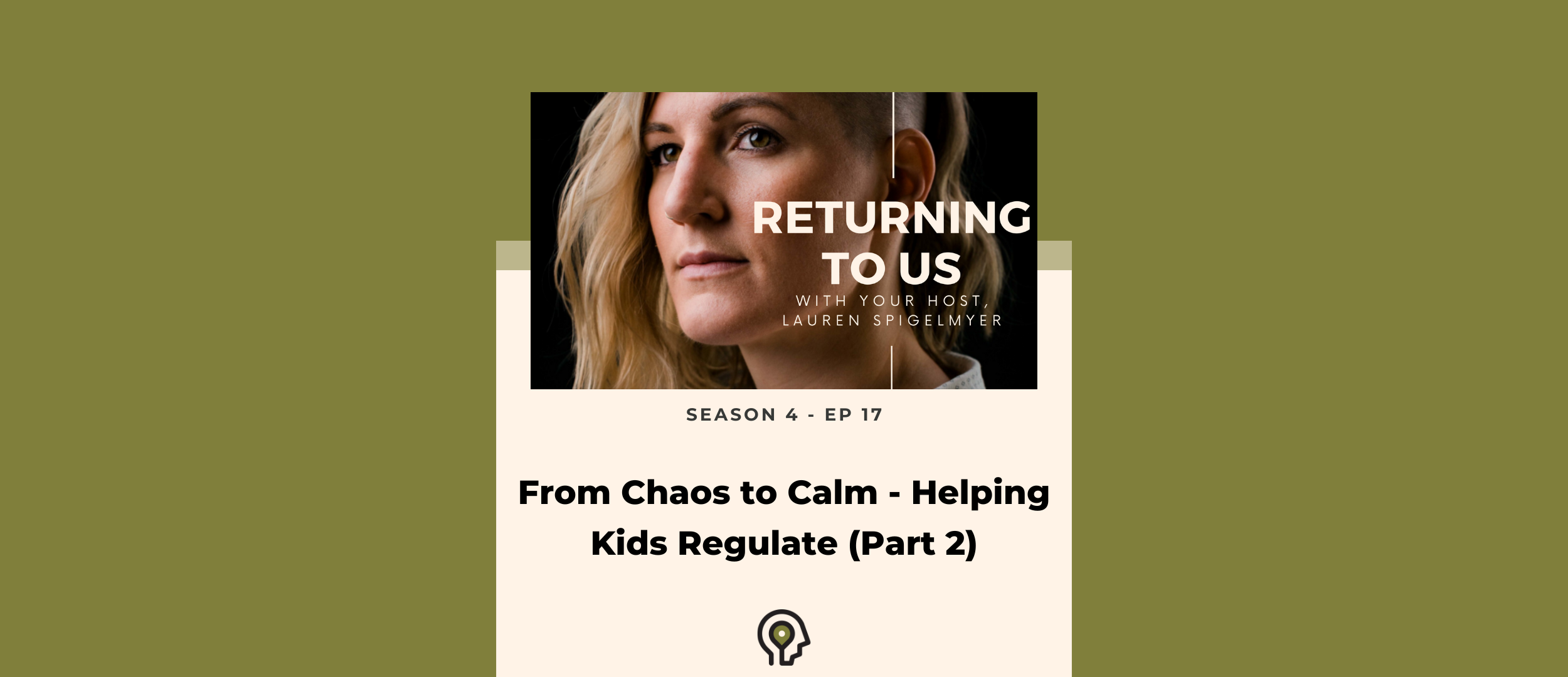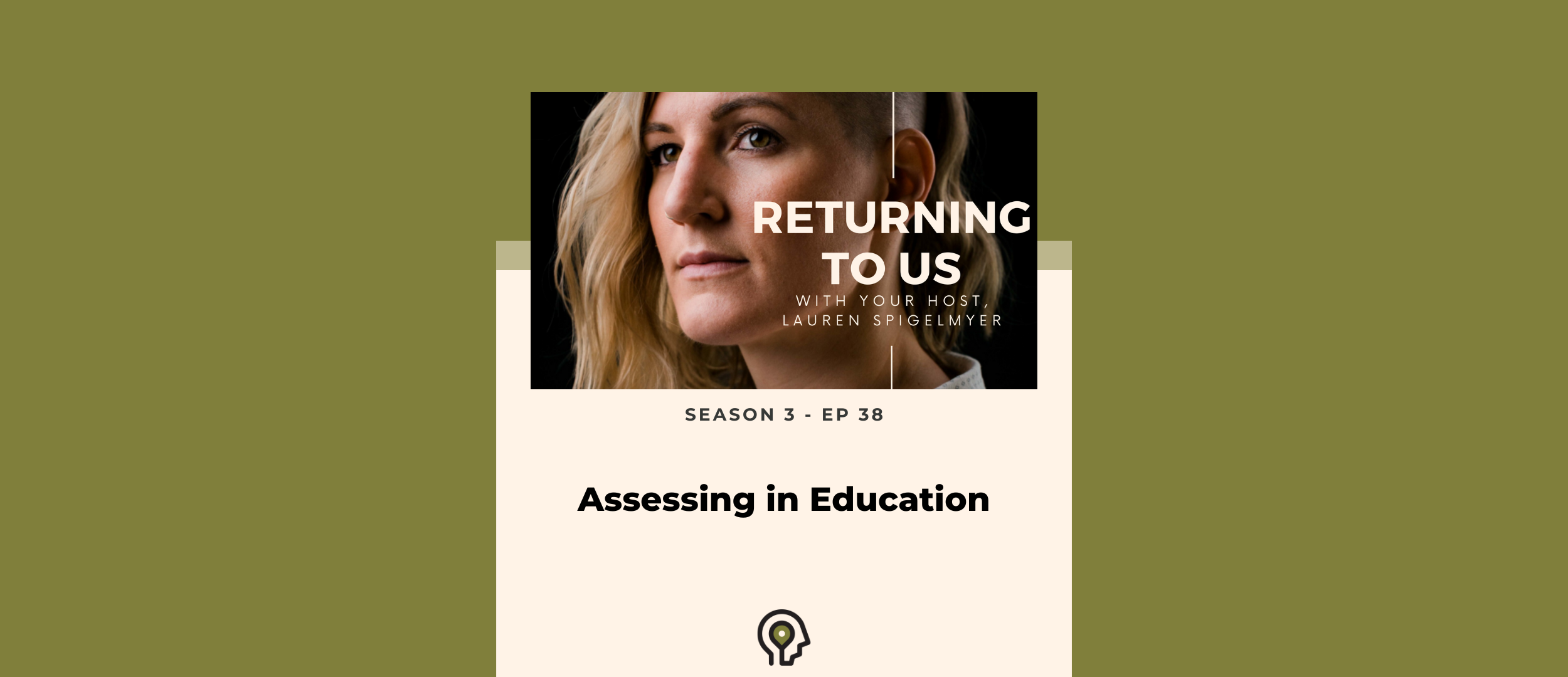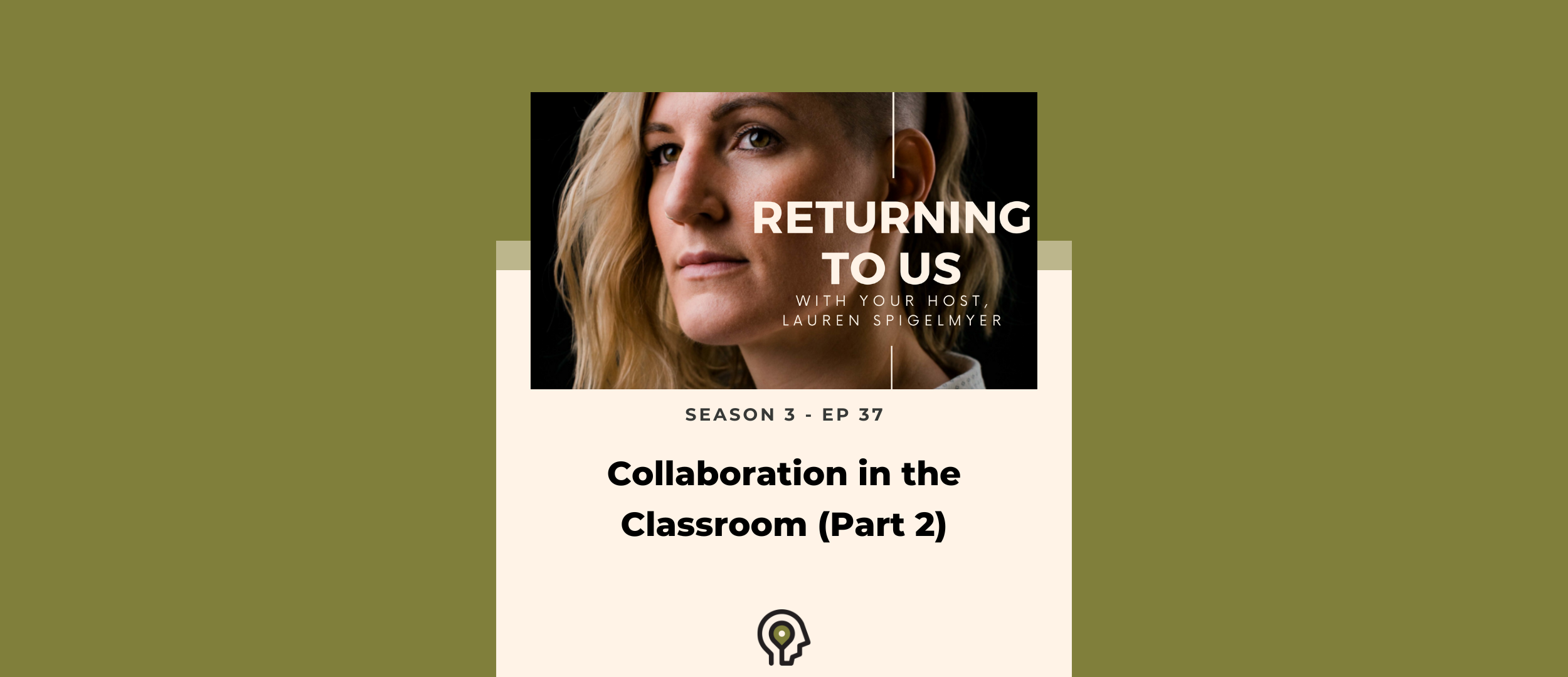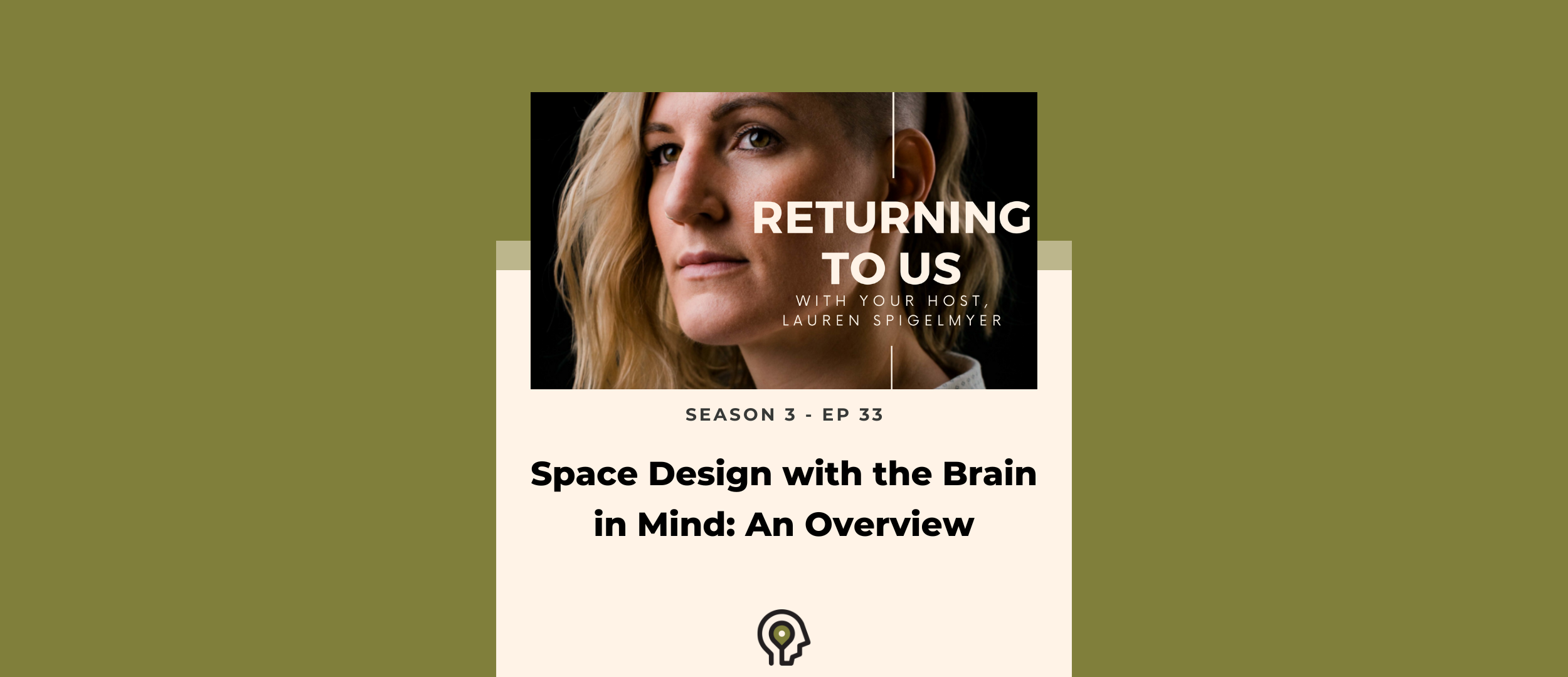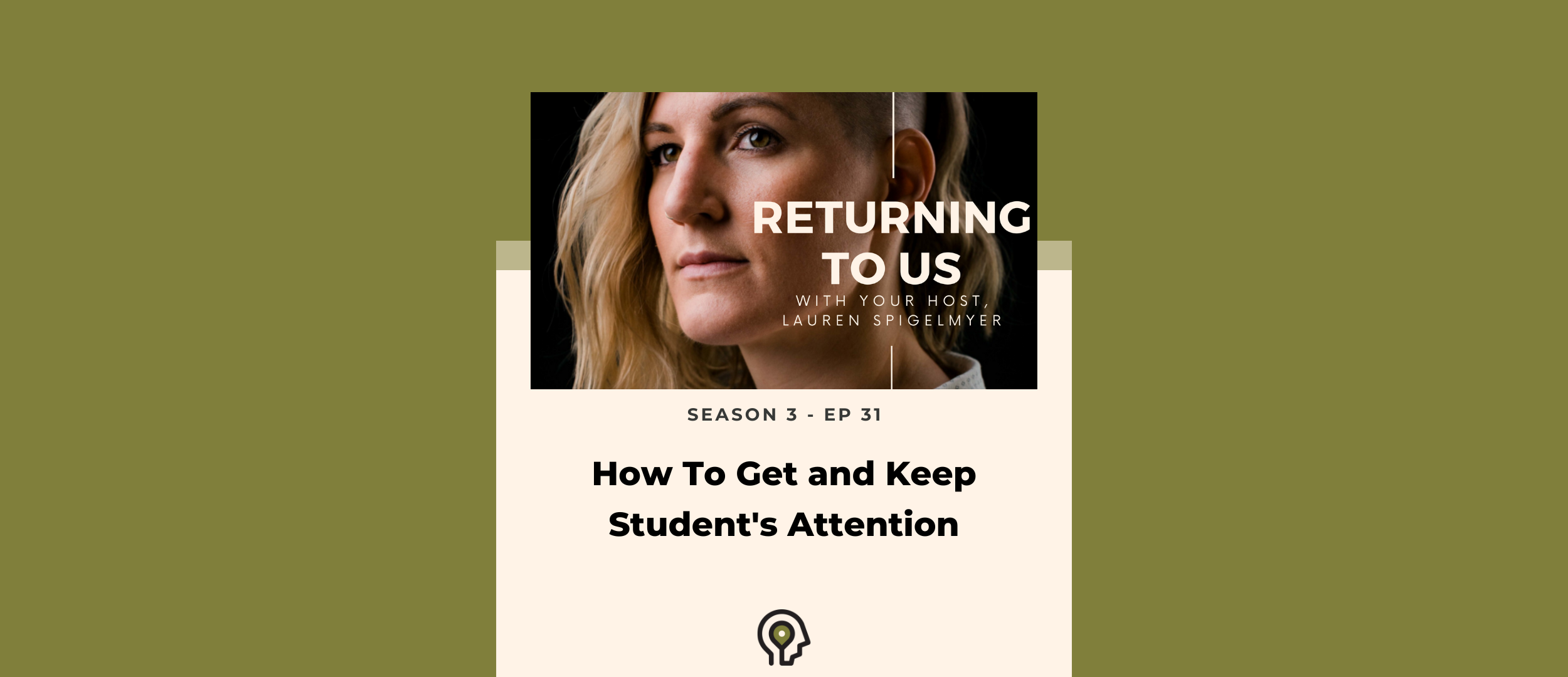For the rest of May and all of June, Lauren is going to share 5 regulation strategies per week! In each episode, Lauren will explain how each strategy works to regulate and then give you specific examples of how you can start using these strategies with young kids.
Read MoreFor the rest of May and all of June, Lauren is going to share 5 regulation strategies per week! In each episode, Lauren will explain how each strategy works to regulate and then give you specific examples of how you can start using these strategies with young kids.
Read MoreSome calming strategies are used as a preventative while others are reactive. These strategies are referred to as being either Bottom-Up or Top-Down Approach. Lauren explains each approach and how to easily add to your daily life.
Read MorePerfection doesn't exist, the more you chase it the more likely you are to experience anxiety and depression.
Read MorePerfection doesn't exist, the more you chase it the more likely you are to experience anxiety and depression.
Read MorePerfection doesn't exist, the more you chase it the more likely you are to experience anxiety and depression.
Read MoreAssessments in education can take on many forms. Lauren walks through the different ways of assessing student learning and not just their recall or test performance.
Read MoreWe are biological and social beings that seek human connection and belonging. Collaboration in classrooms, schools, and workplaces provides synchronous time to connect with your peers.
Read MoreWe are biological and social beings that seek human connection and belonging. Collaboration in classrooms, schools, and workplaces provides synchronous time to connect with your peers.
Read MoreIn season 1 we did a series on Room Design and how to optimize spaces for better learning and attention. In this episode, Lauren gives an short overview of how to optimize spaces for nervous system regulation.
Read MoreIn season 1 we did a series on Room Design and how to optimize spaces for better learning and attention. In this episode, Lauren gives an short overview of how to optimize spaces for nervous system regulation.
Read MoreIn season 1 we did a series on Room Design and how to optimize spaces for better learning and attention. In this episode, Lauren gives an short overview of how to optimize spaces for nervous system regulation.
Read MoreIn this episode, Lauren, Sean, and Jessica discuss how to polyvagal theory and somatic practices to recognize the signs of a heightened physical and emotional states, connecting those feelings to programmed behaviors, and using this information to inform future responses both in ourselves and in children.
Read MoreIn this episode, Lauren walks you through how to set up your routines to help students prepare to learn, AS well as the UDL engagement guidelines: recruit interest, sustain effort and persistence, and self-regulate.
Read MoreToday’s episode is a shift from the last two. In this episode, Lauren focuses on the “continuum of self-values” created by Ross Rosenberg in his book “Human Magnet Syndrome.” This continuum orders human behavior based on 11 numerical values to represent the full range of self in relationship to others.
Read MoreAfter a summer break, Lauren returns with a question and answer episode focusing on stress in both kids and adults and how to process, deal, and return to stable emotional regulation after increased stress and trauma.
Read MoreThere is a silent epidemic in schools and isn’t among the students. Teachers are experiencing burnout, stress, and job dissatisfaction at high rates. Teaching has become the most stressful profession. And, teachers are leaving the profession in record numbers for better pay and more personal time. Today Lauren takes a deep dive into the mental health crisis among teachers.
Read MoreToday’s topic comes from a listener question.
“With your expertise on the brain, I’m wondering if you have any wisdom about how I can advise someone who says they just aren’t a good test-taker?
I’ve tried to read up on test anxiety, and I know the research says the best thing is to know the material and be prepared. However, some students say there is such a great amount of material to study, they cannot keep it in their brain. Do you have any advice as to a good approach for studying a large amount of material? And… how to approach that test (to reduce anxiety)?”
Read MoreToday Lauren delves into the effects of all types of abuse and chronic stress on children.
She covers the variety of behaviors that a child who has been, or is, abused or suffering chronic stress and why that behavior may be exhibited.
Read MoreEveryone experiences the highs and lows of our nervous system being overstimulated. But, how do you calm back down and return to the window of tolerance?
Read More
